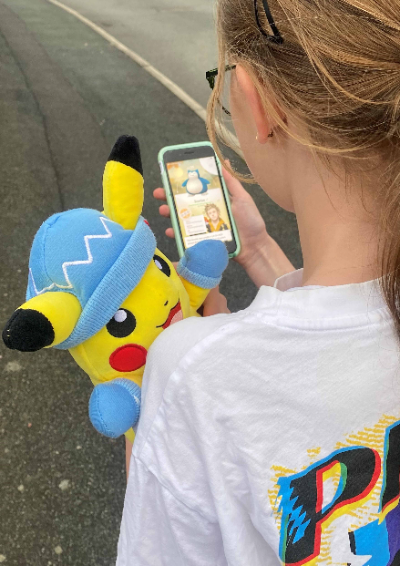The Pokémon Go craze vs privacy
 It led to tens of thousands of people roaming the streets, loitering outside churches, police stations and in parks. There were reports of people trespassing military sites, governments had to issue warnings to remind people to look when crossing the roads and it was billed as a solution to the global obesity crisis. In 2016, Pokémon Go started a worldwide obsession.
It led to tens of thousands of people roaming the streets, loitering outside churches, police stations and in parks. There were reports of people trespassing military sites, governments had to issue warnings to remind people to look when crossing the roads and it was billed as a solution to the global obesity crisis. In 2016, Pokémon Go started a worldwide obsession.
Originally designed as a 2014 April Fools’ Day joke by Google, The Pokémon Company and Nintendo, the augmented reality mobile app launched as a free-to-play game in July 2016. The game uses GPS location data to find, capture, train and battle virtual Pokémon, which appear as if in the user’s physical location. By the end of 2016, it was one of the most used and downloaded apps of the year with over 500 million downloads worldwide.
Despite this popularity, questions were raised on how the app uses personal information. At its launch, the game relied on having access to your location and to track where you were in the world. It also used access to your camera, so you could catch any Pokémon you came across. This highlighted some privacy concerns – how the app collected this data, what it did with it, and how long it kept it for.
Following public debate about the sheer amount of personal information collected, the Pokémon Go creators made changes so the app collected “only the basic profile data that Pokémon Go needs”.